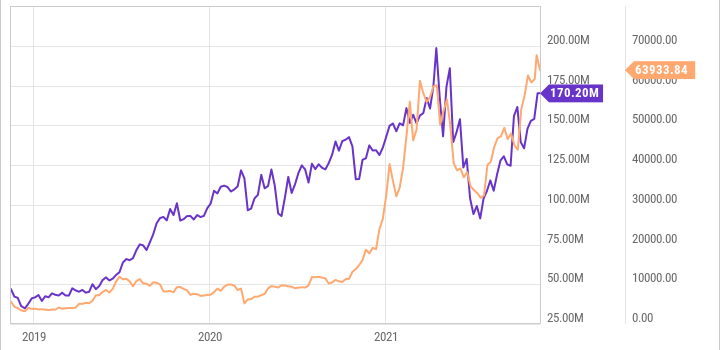
What is Hash-rate and How does it work ?
Today we’re going to discuss about What is Hash-rate and How does it work ? in Crypto mining.
What is Hash-rate and How does it work ?
In the world of cryptocurrencies, the term hash rate holds significant importance as a key metric for evaluating the efficiency and security of blockchain operations. Essentially, hash rate refers to the speed at which a computer can perform hashing calculations during the process of validating transactions (i.e., cryptocurrency mining).
These calculations involve a series of attempts to find a valid solution to a complex math problem. They are performed with specialized crypto-mining machines that submit data through algorithms known as hash functions.
Understanding Hash Rate and Crypto Mining
When it comes to Bitcoin and other cryptocurrencies, the hash rate serves as a performance indicator for specialized mining machines. It represents the rate at which a mining hardware processes data in its quest to compute a valid block hash. Cryptocurrency miners aim to produce a hash that adheres to specific criteria, typically beginning with a certain number of zeros.
When it comes to Bitcoin and other cryptocurrencies, the hash rate serves as a performance indicator for specialized mining machines. It represents the rate at which a mining hardware processes data in its quest to compute a valid block hash. Cryptocurrency miners aim to produce a hash that adheres to specific criteria, typically beginning with a certain number of zeros.
In the context of Bitcoin mining, every time a miner successfully validates a new block of transactions, they receive a certain amount of BTC as a reward (along with the transaction fees paid by users). The current block reward for Bitcoin miners is 6.25 BTC, but with the Bitcoin halving of 2024, the block reward will be reduced to 3.125 BTC.


